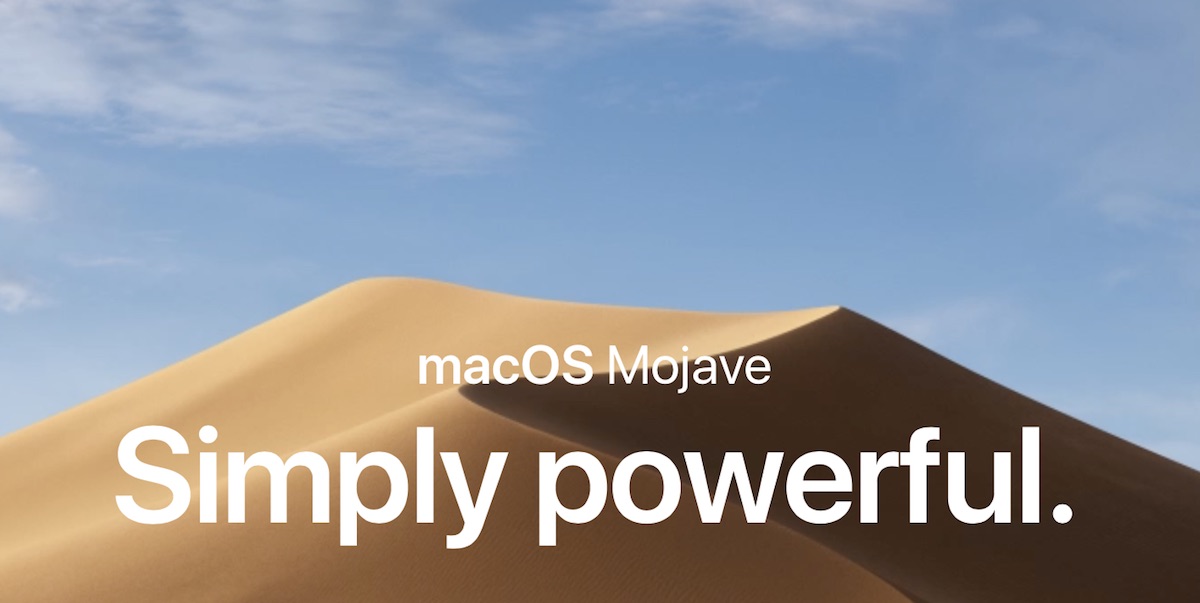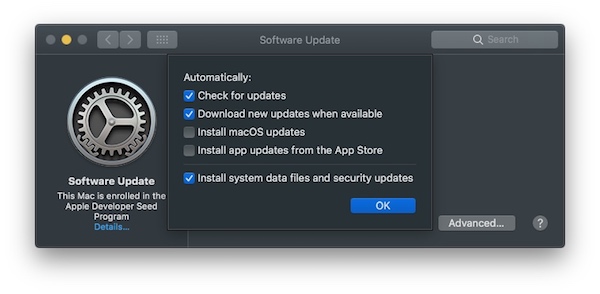Apple’s macOS Mojave was announced during yesterday’s WWDC opening keynote and an initial beta release was made available to developers immediately following that event.
Now that the software is in the hands of people around the globe we are starting to learn about some of the smaller changes that did not warrant any stage time during the big reveal, and it is becoming clear that there is quite a bit to work through as far as changes from macOS High Sierra to macOS Mojave are concerned.

We already told you about everything that Apple unveiled during the event but there are two less lauded changes that may be of interest to the keen Mac follower. The first of those is something that will have a larger impact on the Mac as a whole moving forward with Apple confirming that macOS Mojave will be the last major release to support 32-bit apps.
Apple began the phasing out of 32-bit apps with the release of macOS High Sierra 10.13.4 with those launching such apps receiving messages suggesting that they are “not optimized” for the Mac in question.
As a follow on from that a new message appears when the same apps are launched in macOS Mojave, and this message is much more foreboding. Now, Apple simply tells users that their app will not work with future versions of macOS.
Moving on to a change which will have less of an impact but will please die hard Mac fans, we have the news that macOS Mojave marks a change in system software update mechanisms. Currently, macOS updates take place in the Mac App Store just like other apps, but with macOS Mojave installed those updates will be handled via the System Preferences pane, just as it was prior to the arrival of the Mac App Store.

Score one for nostalgia!
(Via: MacRumors)
You may also like to check out:
- 100+ iOS 12 Hidden Features For iPhone And iPad [Running List]
- Download iOS 12 Beta OTA Configuration Profile File Without Developer Account
- Download iOS 12 Beta 1 IPSW Links & Install On iPhone X, 8, 7, Plus, 6s, 6, SE, 5s, iPad, iPod [Tutorial]
- iOS 12 Beta 1 Download IPSW Links, OTA Update For iPhone And iPad
- iOS 12 Beta 1 Release Notes, Changes And Known Issues According To Apple
- How To Downgrade iOS 12 Beta To iOS 11.4 [Tutorial]
You can follow us on Twitter, add us to your circle on Google+ or like our Facebook page to keep yourself updated on all the latest from Microsoft, Google, Apple and the Web.

